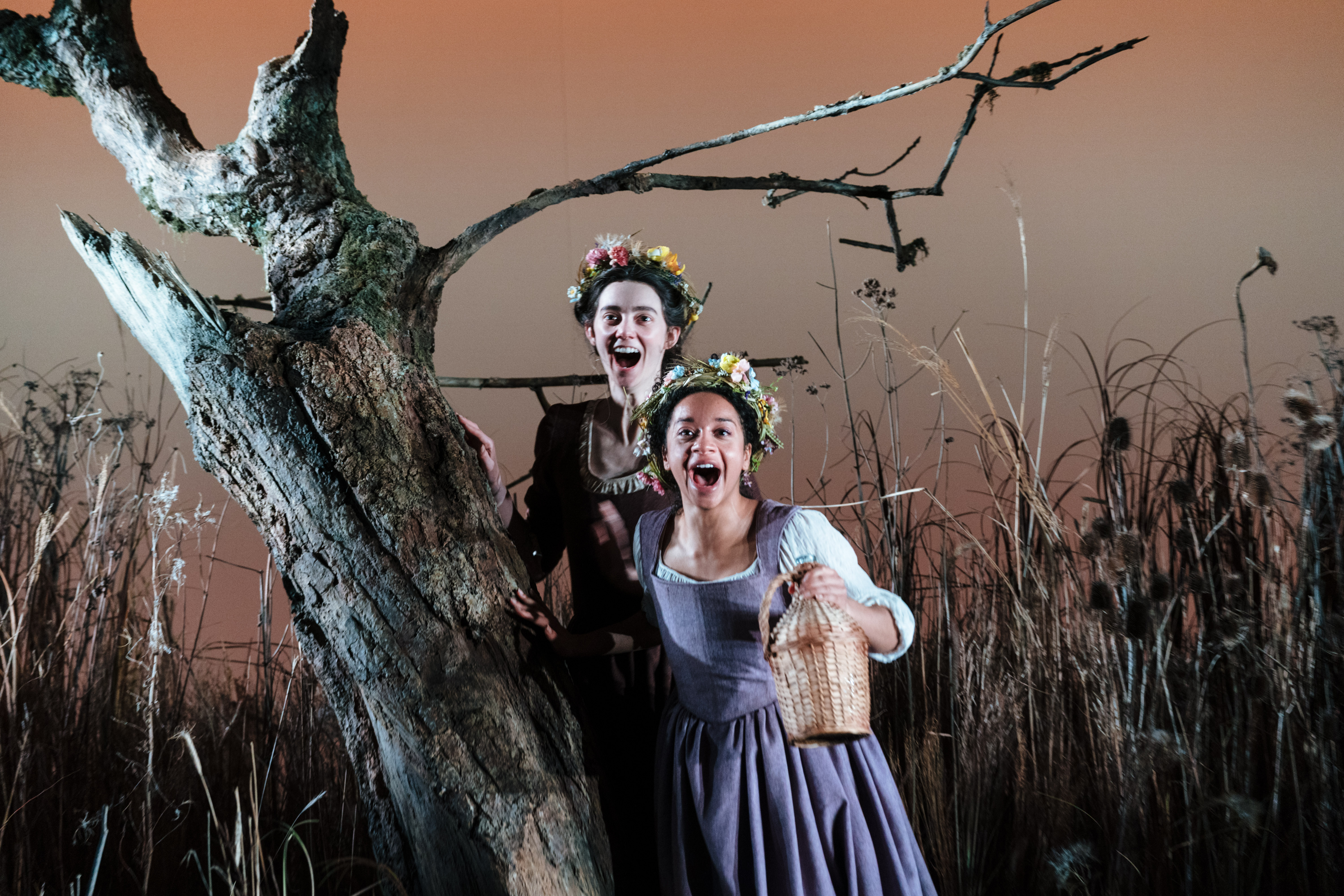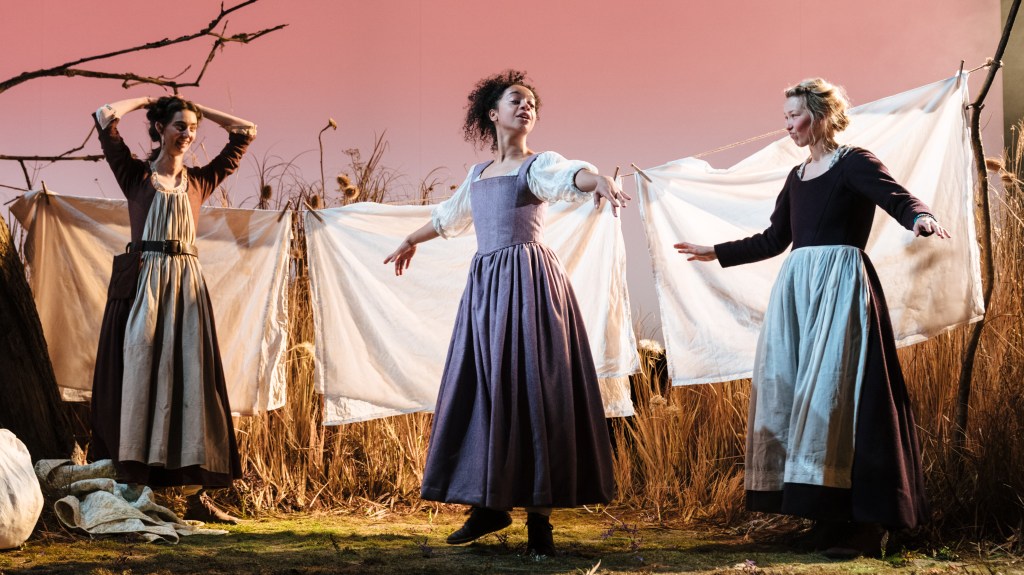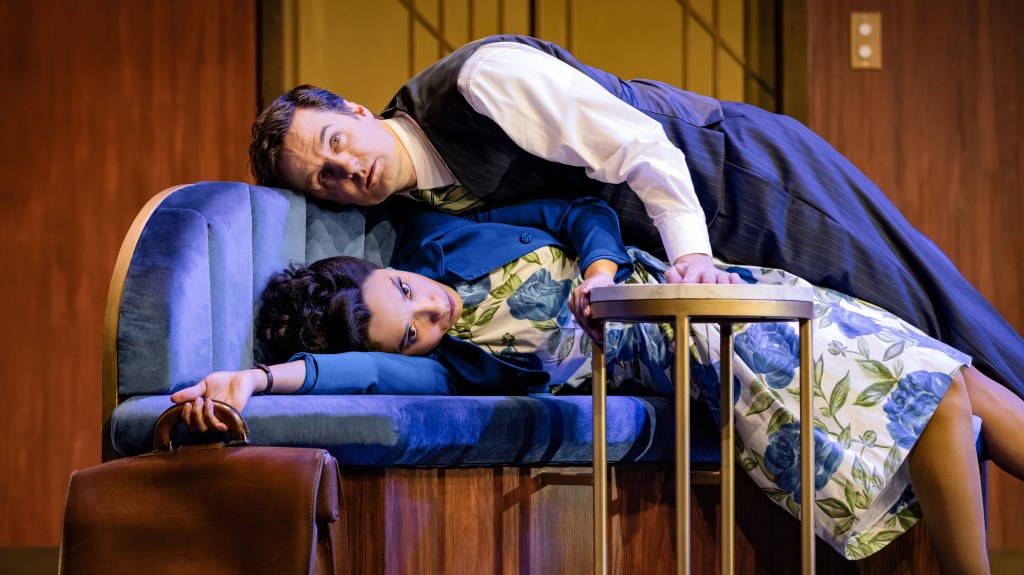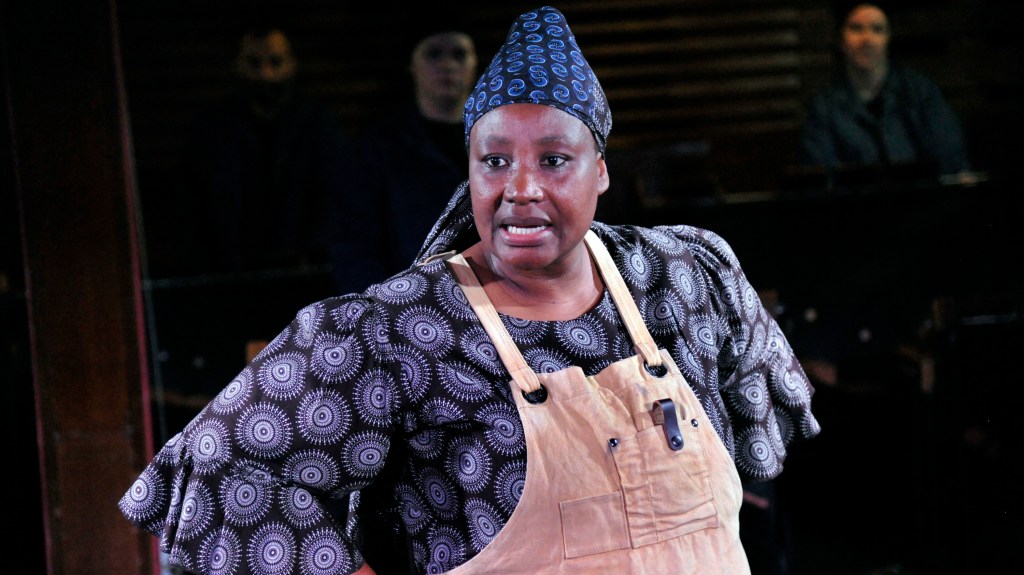1536 Review — Disappointing Tudor Drama Transforms into TikTok-Style Soap Opera
Where should I start with this production? Commissioned through the new writers programme at London’s Almeida theatre, Ava Pickett’s debut play, which is set in the year marking Anne Boleyn’s execution, was the recipient of last year’s Susan Smith Blackburn Prize for female playwrights and also received a commendation at the George Devine Awards. The judges clearly found merit in the script that eludes my understanding.
The result is a rather basic, feminist-tinged drama highlighting the issues of patriarchy, typical of a one-hour show often found at the Edinburgh Fringe. My instinct is to refrain from critiquing it to protect the feelings of all involved. Yet, here it is, featured at the Almeida, known as one of London’s trendiest venues, under the direction of Lyndsey Turner.
Interestingly, Anne Boleyn is absent from the narrative. Instead, Pickett, known for contributing to the Hulu series The Great centered on Catherine the Great, focuses on three young women in a village distanced from the royal court’s dynamics. News of King Henry’s renowned second wife gradually filters down to them. Given the 21st-century vernacular laced with modern slang, one might expect a character to check her phone for TikTok updates regarding the woman who has been labeled as ‘the Great Whore.’

Performances by Siena Kelly, Tanya Reynolds, and Liv Hill are commendable, although the characters they portray lack depth. Kelly’s Anna is depicted as a free spirit contemplating the burden of beauty, while she nonchalantly cleans herself after intimate moments with a local’s son. Reynolds takes on the role of Mariella, a compliant midwife, and Hill portrays Jane, who yearns for a hint of domestic happiness while being conscious of her unremarkable looks. Ultimately, their friendship deteriorates due to personal betrayals and the oppressive nature of a misogynistic society. Angus Cooper and Adam Hugill embody representatives of local masculinity, primarily characterized as brutish and dim-witted.
The bucolic set designed by Max Jones stands out, bathed in warm tones by lighting designers Jack Knowles and Tim Lutkin. While one can appreciate the changing colors, the dialogues often leave much to be desired. There are a few witty exchanges that provide some amusement, but the majority of the script remains at a level reminiscent of a children’s history show. Turner’s directorial approach feels uninspired. In a perplexing choice, Anna begins to thrash about to the tune of the pop song Can’t Find My Way Home toward the conclusion. Theatre-goers take note: there is no interval, offering no escape from the proceedings.★☆☆☆☆110minTo Jun 7, almeida.co.uk




Post Comment